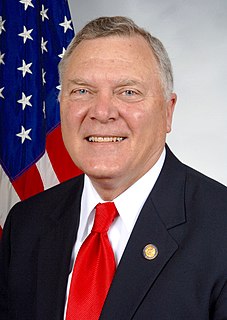A Quote by Robin Marantz Henig
The 20s are like the stem cell of human development: the pluripotent moment when any of several outcomes is possible. Decisions and actions during this time have lasting ramifications.
Related Quotes
In science there is something known as a stem cell. A stem cell is an undifferentiated cell which has not yet decided whether it's gonna be a cell of your brain or a cell of your heart or of your finger nail. But science is learning how to coax, how to manipulate, the raw material of life that we call stem cell to become any cell of the body. I think that God is the stem cell of the universe.
Accurate processing of information about outcomes is no simple task under the variable conditions of everyday life . . . usually, many factors enter into determining what effects, if any, given actions will have, Actions, therefore, produce outcomes probabilistically rather than certainly. Depending on the particular conjunction of factors, the same course of action may produce given outcomes regularly, occasionally, or only infrequently





































